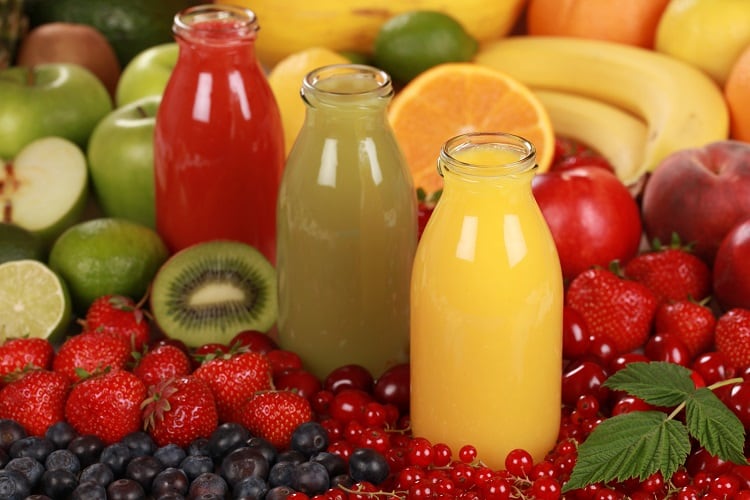It’s no secret that women’s health has taken a back seat to men’s, with research, funding and, most significantly, clinical trials, being focused upon the male biological response.
“Research on women’s health has been underfunded for decades, and many conditions that mostly or only affect women, or affect women differently, have received little to no attention,” explained US first lady, Jill Biden, when announcing a new White House initiative on women’s health research on 13 November 2023.
But times are changing, and women’s health is gaining the attention it deserves and desperately needs.
“The female body is fundamentally different,” said Marie Asano, partner for the European Circular Bioeconomy Fund at Future Food-Tech in London. “We menstruate, we give birth, we go through menopause.”
It makes sense then that the nutrients the female body requires are different to the male body.
“The foods we as women eat are so important in supporting our health and wellbeing,” said Angela Mazza, medical director of Metabolic Center for Wellness.
And the food and beverage industry is starting to take notice as it creates a wealth of new product opportunities.
How is the food and beverage industry supporting women’s health?
There’s been a recent rise in foods created specifically for women going through menopause, but now food manufacturers are looking at foods that can support women through all stages of life. And they’re doing it through fortification.
“Fortification is the solution here,” said Rania Abou Samra, global head of Product & Technology for Nestlé Health Science.
What is fortification?
Fortification is the practice of deliberately increasing the content of one or more micronutrients, such as vitamins and minerals, in a food or beverage, to improve the nutritional quality.
As well as increasing the nutritional content of staple foods, the addition of micronutrients can help to restore the micronutrient content lost during processing.
Brands can and are taking existing food and beverage products, and fortifying them with the nutrients essential in supporting women’s health.
“CPG (consumer product goods) brands have adapted to cater to women’s needs across different life stages, offering products tailored for PMS, libido, fertility, perimenopause and menopause, as well as solutions for skin, hair, nails, bone health, digestion and mood support,” says Laura Harper, marketing associate at beverage development brand, Imbibe.
In fact, Tastewise’s recent ‘Top Ingredient and Flavour Trends for 2024’ report found that food and beverage conversations around hormone health have increased by 118% over the past two years. Furthermore, interest and understanding into the impact of foods and beverages on women’s reproductive health has seen a 14% increase.
“We’re seeing so much growth and so much more interest in products that are specifically for women’s health” says Lynn Dornblaser, principal consultant at Mintel.
And many in the industry think this is long overdue.
“I’ve been reading a lot about women’s life stages being ripe for innovation,” says Michelle Golden, director of Mintel Consulting.
What’s more, the focus has developed beyond just addressing the symptoms of women’s life stages, such as hot flushes during menopause, and has moved onto improving the overall wellbeing of women.
“There’s a new energy and protein bar called Menowell,” says Melanie Bartelme, associate director of Mintel Food and Drink. “It’s described as being powered by maca, fibre and protein, and the maca is said to help balance hormones rather than just masking the symptoms.”
“It’s really getting into emotional wellbeing,” agrees Golden.
And brands are keen to take this further, but affordability is becoming an issue, so the industry is looking to the government for help.
“Fortification needs to be subsidised says Nestlé’s Abou Samra. “Working together with governments we would be able to fortify more and more of the foods, because there are women who are unable to afford some of these fortified foods.”
Could a plant-based diet prevent chronic diseases in women?
Plant-based diets are proving hugely popular amongst men and women across the globe, with everything from animal cruelty to environmental impact being cited as the reason. But could the plant-based way of life also prevent against chronic diseases in women?





